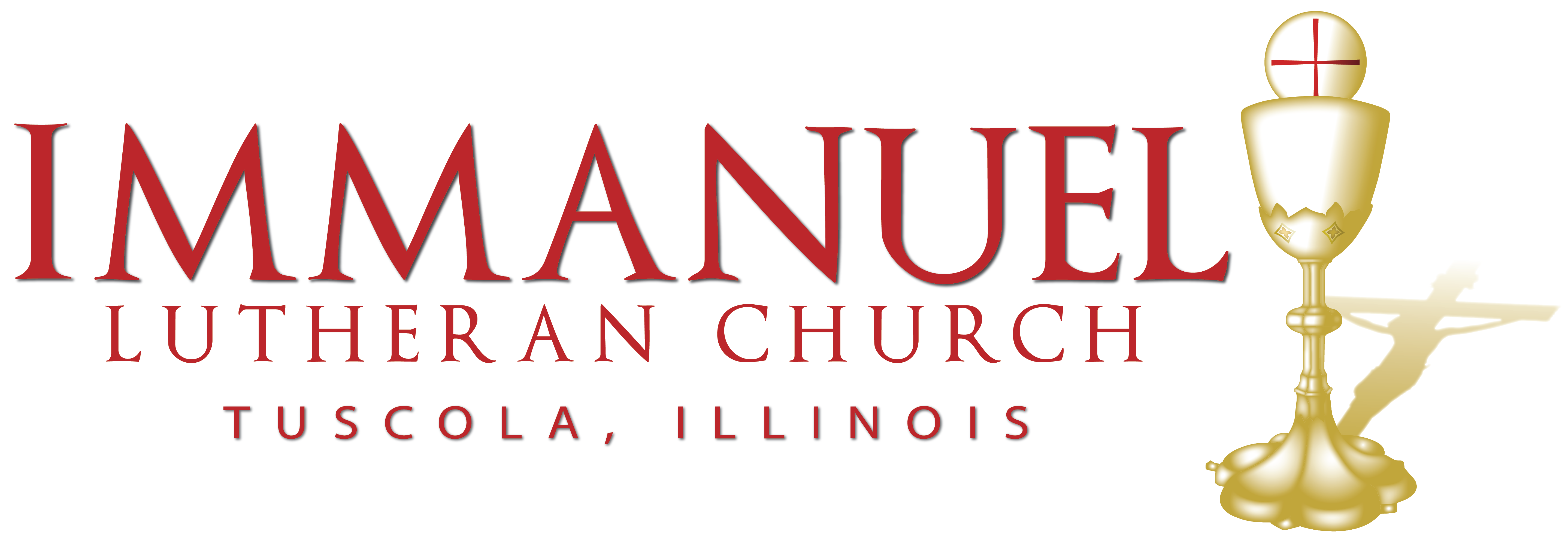Midweek of Advent I
Sola Gratia
+ IN NOMINE IESU +
The Lutheran Reformation was a movement about sufficiency. Those who opposed Luther and the Lutheran theologians of that day were not teaching that grace, faith, Scripture, and Christ were unimportant. These things were extremely important to the theology of the Roman Church. But they were teaching that these things were insufficient for the fullness of theology. The Lutherans responded that indeed, grace, faith, Scripture, and Christ, are sufficient, and to drive that point home, they used the word alone. Grace is sufficient. Faith is sufficient. Scripture is sufficient. Christ is sufficient. Grace alone. Faith alone. Scripture alone. Christ alone. These became watchwords of the Lutheran Church.
A watchword conveys the heart of one’s beliefs. The heart of the Lutheran Church’s beliefs is the doctrine of justification, the teaching that sinners are declared righteous in God’s sight by grace alone (sola gratia) through faith alone (sola fide) for the sake of Christ alone (solus Christus), a truth revealed to us in Scripture alone (sola Scripture).
Over the next four weeks, we will be delving into each of these watchwords: sola gratia, sola fide, sola Scriptura, and solus Christus, beginning with grace.
When we speak of grace, we must first ask the question: What is grace? Grace is God’s undeserved favor toward sinners. Grace is God’s unmerited good intention, His loving disposition toward those who have gone astray and are dead in sin and by nature children of wrath (Eph 2:1, 3). Grace, then, is something that resides in God and not in man. Thus we hear that “Noah found favor [that is, grace] in the eyes of the Lord” (Gen 6:8).
This grace, this favor, does not arise in God in a vacuum. He does not declare us righteous and free from guilt by just ignoring our sin or winking at it. No, we have a great debt that we owe God because of our sin, a debt that must be paid. God’s justice demands that it be paid. And yet this is a debt that none of us can pay.
So God sent His Son to be born of a woman, under the law, to serve as a substitute for those born of woman and under the law. Thus, Jesus Christ was born to die because the wages of sin is death. And since Christ is our substitute, he offered his perfect and righteous life in exchange for our sinful lives upon the cross, and he took upon himself the guilt of our sin, which is our debt. Christ payed the penalty and the debt that we owe with his holy precious blood and with his innocent suffering and death. We, therefore, find favor in God’s eyes because of Jesus Christ. For when God looks upon sinners who believe in Jesus Christ, he sees not our sin, but righteousness and holiness of Christ. We sinners are forgiven and justified on account of Christ. In Christ, we have grace upon grace
This means that there is nothing in us and nothing we can do that moves God to forgive us. His grace is sufficient. God is gracious to us because of Jesus Christ and because of Him alone. This gives sin-stricken consciences comfort, for God’s grace is not earned by what we do, but is given freely by a generous God in the person and work of Jesus Christ.
This is why Scripture constantly speaks of God’s grace as the reason for our salvation in opposition to our works: “For by grace you have been saved through faith. And this is not your own doing; it is the gift of God, not a result of works, so that no one may boast” (Eph 2:8–9).
This grace is universal; it extends to everyone. Scripture teaches that “in Christ God was reconciling the world to himself, not imputing their trespasses against them” (2 For 5:19). No one is excluded from God’s grace in Christ, for God does not desire the death of a sinner, but he should turn from his sin toward God to be made alive.
So from the beginning, in the middle, and to the end, we are justified by God’s grace alone—sola gratia. God’s grace, his favor on account of Christ, is sufficient for our salvation—sufficient because it is God’s work and not ours. May this watchword be proclaimed for all to hear, printed for all to see, and take deep root in our hearts. Amen.



0 Comments